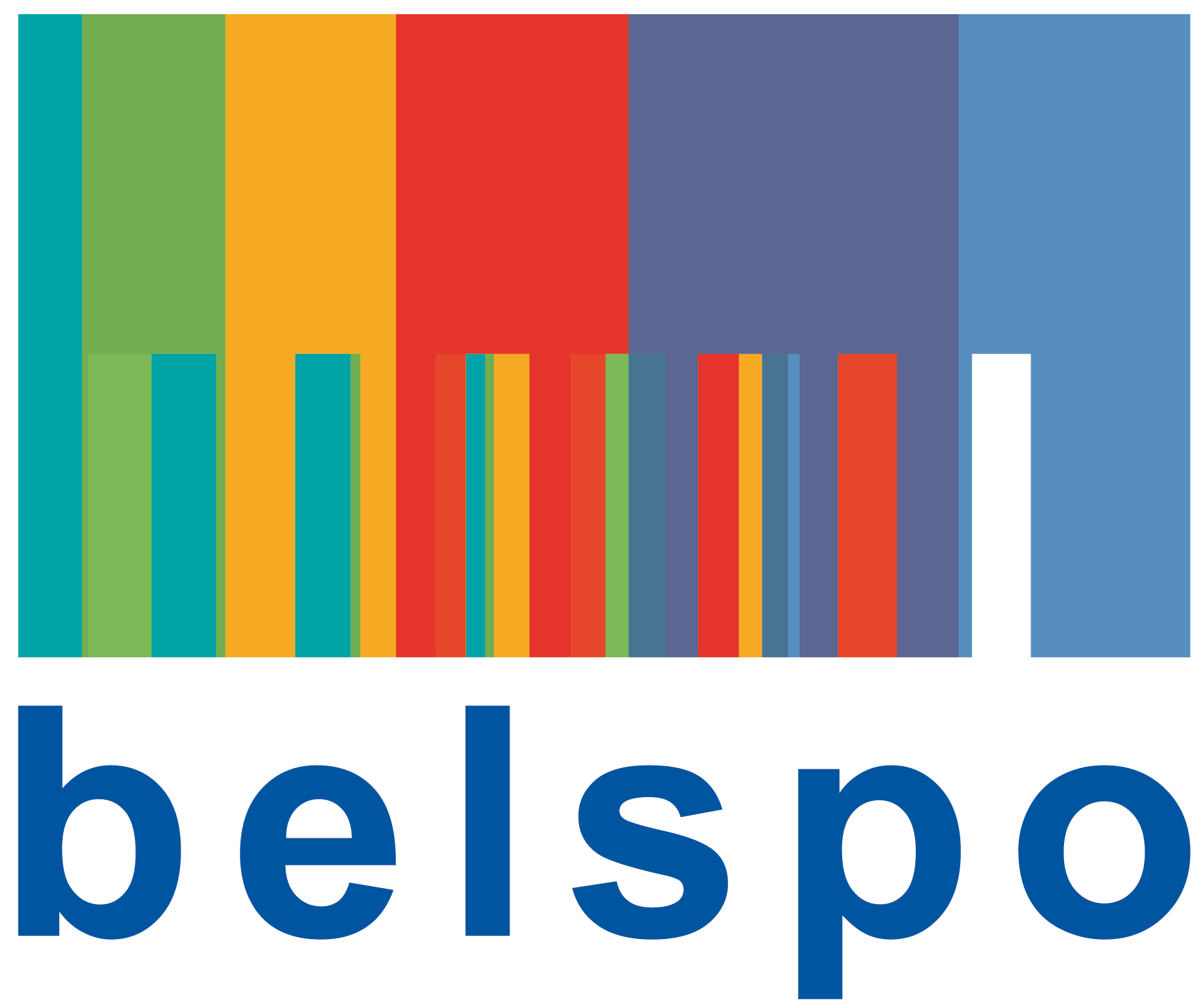KCE Reports 272 (2016)
There are some mantras – politically correct truisms – that are right by definition. In this project we are fortunate, because we combine two of these: need-driven healthcare policy and patient involvement. But to get from the slogan to workable implementation in the field, quite a bit more thought and study is needed. And some time and space for those involved to adopt the new approach.
The unmet needs programme of the National Institute for Health and Disability Insurance (NIHDI) is a first step in that direction. Admittedly, the programme as it exists today is still limited entirely to the area of medicinal products, and the proposals for the list of unmet needs are therefore still largely driven by what the companies have in the pipeline. But you must begin somewhere. And at least these needs are explicitly included in consideration of the priorities.
And the patient’s voice must also have a place in this. That seems obvious, but here we must take care not to upset the equilibrium. This involves after all weighing unmet needs against each other. It cannot be the intention to put the decision in the hands of the patients themselves, as that would amount to pitting people with different disorders and needs against each other. Moreover, when priorities in health insurance are involved, the public also has something to say about this.
So a good policy must deal with this carefully. For a number of years the KCE has been making progress in this in close consultation with the NIHDI, but also in coordination with the relevant activities of the King Baudouin Foundation. Gradually we have built up insights and a methodology in which the patient and the public have a place. Today you have the results of a first pilot test of this methodology before you, and they are encouraging; because beyond the objective of a needs-driven and patient-informed policy, this method also allows complex decisions to be made more transparently and more consistently. This is a small step in the direction of accountability for reasonableness that we put forward as a framework a number of years ago. Our country is among the pioneers in this; that should also be said.
Figure: Multi-criteria decision analysis process in decision making
For more information:
Templates:
-
TOOL FOR ASSESSING AND REPORTING THE QUALITY OF EVIDENCE (60.54 KB) "word" -
HTAI - TEMPLATE WRITTEN CONSULTATION PATIENT GROUPS NON MEDICINES HTA (55.23 KB) "word" -
HTAI - TEMPLATE WRITTEN CONSULTATION PATIENT GROUPS MEDICINES HTA (52.87 KB) "word" -
MCDA TOOL FOR CREATING A RANK ORDER OF NEEDS (30.76 KB) "excel" -
SUBMISSION TEMPLATE FOR THE UNMET MEDICAL NEEDS LIST (55 KB) "word"


